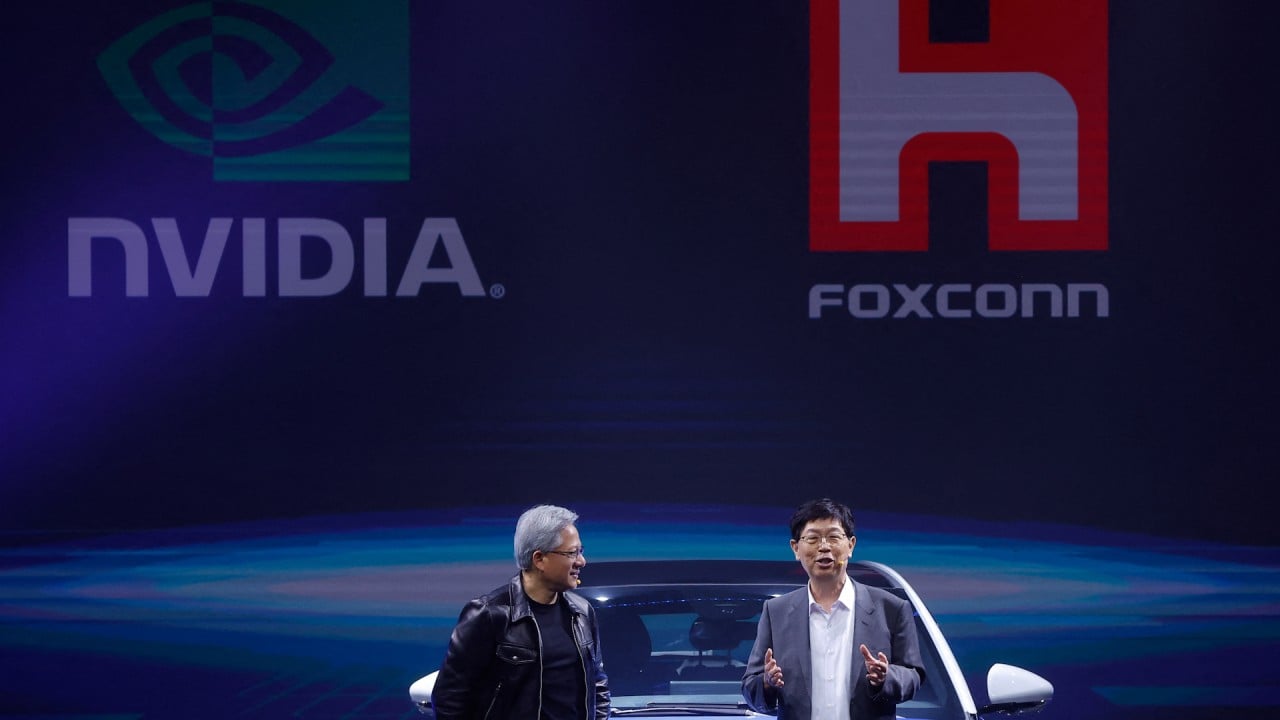
World doesn’t need industrial policy like Biden’s, not that the US cares
- Well-designed policies that support innovation and technology diffusion more broadly can lead to higher economic growth across countries. Policies that limit rivals’ access to technology are hardly best for the world
Education is too important to be left solely to the educators, as former US commissioner of education Francis Keppel famously suggested. This is also true of political leadership, which matters too much to be left only to politicians, whose vision can be severely limited by expediency and nationalism.
We are fast approaching a point where attempts by some leaders to remodel the global economy along political and national lines, at the expense of what is best for the world, threaten to create a crisis situation instead.
Industrial policy – in the least flattering sense of that term – is back in fashion and even though it is usually associated with state-controlled or planned economies, it is being pursued most actively now by the key economies that claim to be market-driven.
At a more sinister level, the idea of cooperation in armaments design and manufacturing is gaining ground among nations including Australia and Britain, as well as some in East Asia. But if this serves the national interests of the partners immediately involved, it does not apply where global economic interests are concerned.
Certain international organisations – the International Monetary Fund, for one – are summoning up the courage to challenge such short-sighted and potentially dangerous policies, which provides at least some hope that they may be challenged more widely.
As the IMF noted in a report issued during its recent spring meetings in Washington: “Many countries are ramping up industrial policy to boost innovation in specific sectors in the hope of reigniting productivity and long-term growth, amid security concerns.”
Industrial policy, in which governments support individual sectors in various ways, is capable of driving innovation, the IMF acknowledges – but only if it is done properly.
The chip war is now a patriotic war for China
Striking the right balance between narrow national and wider global interests is crucial, for “history is full of cautionary tales of policy mistakes, high fiscal costs, and negative spillovers in other countries”.
Undue focus on national security and strategic advantage can also result in vital sectors such as infrastructure being neglected. The Asian Development Bank has warned, for example, that the climate investment gap is an urgent challenge that requires immediate attention, and that investment in adaptation and mitigation projects is falling short.
The shift to industrial policy to support innovation in specific sectors and technologies is no “magic bullet”, as the IMF says. Rather, well-designed policies that support innovation and technology diffusion more broadly can lead to higher growth across countries. As such, fiscal support should be targeted to sectors that maximise welfare gains.
But this is certainly not the case with cooperation that is increasingly focused on areas such as defence and armaments or where cooperation is limited to specific products such as chips. For some countries, the aim has become to prevent rival countries from gaining access to existing technologies rather than diffusing them more widely.
This kind of narrow cooperation is usually initiated at the level of presidents and prime ministers, or defence and foreign ministries, rather than that of finance ministries, so that security considerations take precedence over economic design.
Discriminating against foreign firms via such policies can prove self-defeating, as they can trigger costly retaliation, as the IMF acknowledges. Most countries, even major advanced economies, rely on innovation done elsewhere, and so they are shooting themselves in the foot with protectionism.
The simple truth is that closer international cooperation and greater exchange of knowledge are critical to accelerate economic growth and the green transformation at a global level, yet what is happening now under the guise of so-called industrial policy is the opposite.
Inward-looking policies diminish the world’s innovative potential and slow the diffusion of technology, especially to countries that need it most. But, for now, it seems that the name of the game is political advantage, not economic progress. More farsighted leaders are needed.
Anthony Rowley is a veteran journalist specialising in Asian economic and financial affairs



